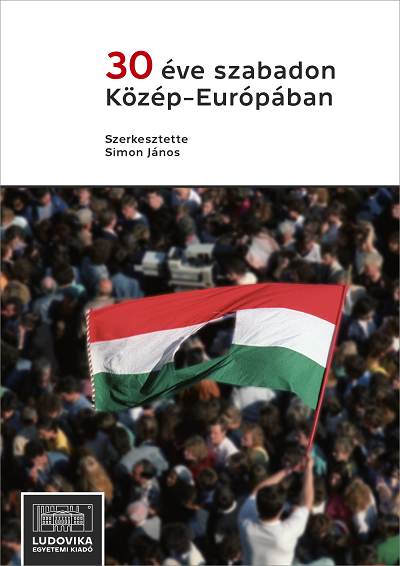National Security in an Unsafe World – A Central European Perspective
Absztrakt
Central Europe is a political, rather than a geographical, concept. It emerged a hundred years ago, in the aftermath of the First World War, which resulted in the collapse of two multi-national empires (the Russian and Austro–Hungarian) and in the emergence of several independent states (Czechoslovakia, Finland, Estonia, Lithuania, Latvia and Poland) as well as the incorporation of Croatia and Slovenia in the Kingdom of Serbs, Croats and Slovenians, which in 1929 became the Kingdom of Yugoslavia. Austria and Hungary – two nation states established on the ruins of the Hapsburg Empire – suffered the consequences of defeat. In case of Hungary, the consequence of the Trianon Treaty was the separation of about one-third of ethnic Hungarians from the new Hungarian state. In case of Austria, the defeat meant the return to the century-old dilemma of her place in the broader community of German-speaking nations. All Central European states were exposed to the consequences of the rivalry between regional powers – Germany and the Soviet Union – and were too weak to protect their independence by their means alone. Local conflicts over territorial issues (such as Polish–Lithuanian, Polish–Czechoslovak, Hungarian–Romanian) made the political and military alliances of the Central European states impossible. Some of them – Czechoslovakia, Poland, Romania – based their security strategies on alliance with France. Such strategy failed, mostly because of the dominant pacifist sentiments in France and Great Britain, which led to the policy of appeasement with Nazi Germany.
(Extract from the Introduction)



.svg)
